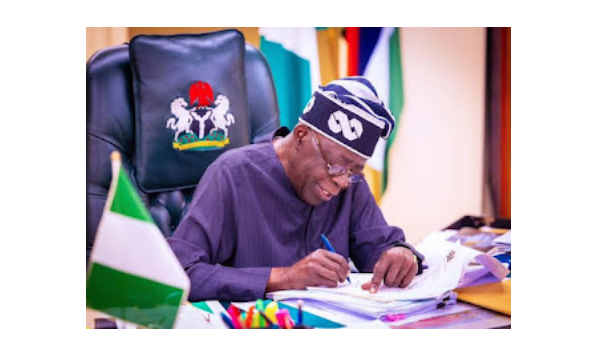
nder President Bola Tinubu, the Nigerian government has secured $6.45 billion in loans from the World Bank in just 16 months, with three recent approvals totaling $1.57 billion for various development projects. This brings the total loan amount to an alarming $24.088 billion over the last five years, addressing critical issues like infrastructure decay, unemployment, and social welfare.
Despite the necessity of borrowing due to limited resources, many Nigerians express frustration over past loans that have not led to noticeable improvements. The new funding for projects such as power generation ($750 million), women's empowerment ($500 million), and girls' education ($700 million) is seen as insufficient to meet urgent needs.
The World Bank also approved $2.25 billion for economic stabilization and resource mobilization projects, including key allocations for strengthening primary healthcare and climate resilience initiatives. However, Nigeria’s ongoing debt crisis is alarming, with a total debt of $15.59 billion owed to the World Bank as of March 31, 2024, and debt servicing costs soaring to N6.04 trillion in the first half of 2024, a 68.8% increase from the previous year.
Critics argue that the government's borrowing strategy may not resolve Nigeria’s deep-rooted financial challenges. As debt repayments consume a significant portion of national resources, the Tinubu administration faces the difficult task of balancing development financing with economic stability. Transparency and accountability in fund utilization are essential as citizens await tangible benefits from these investments.